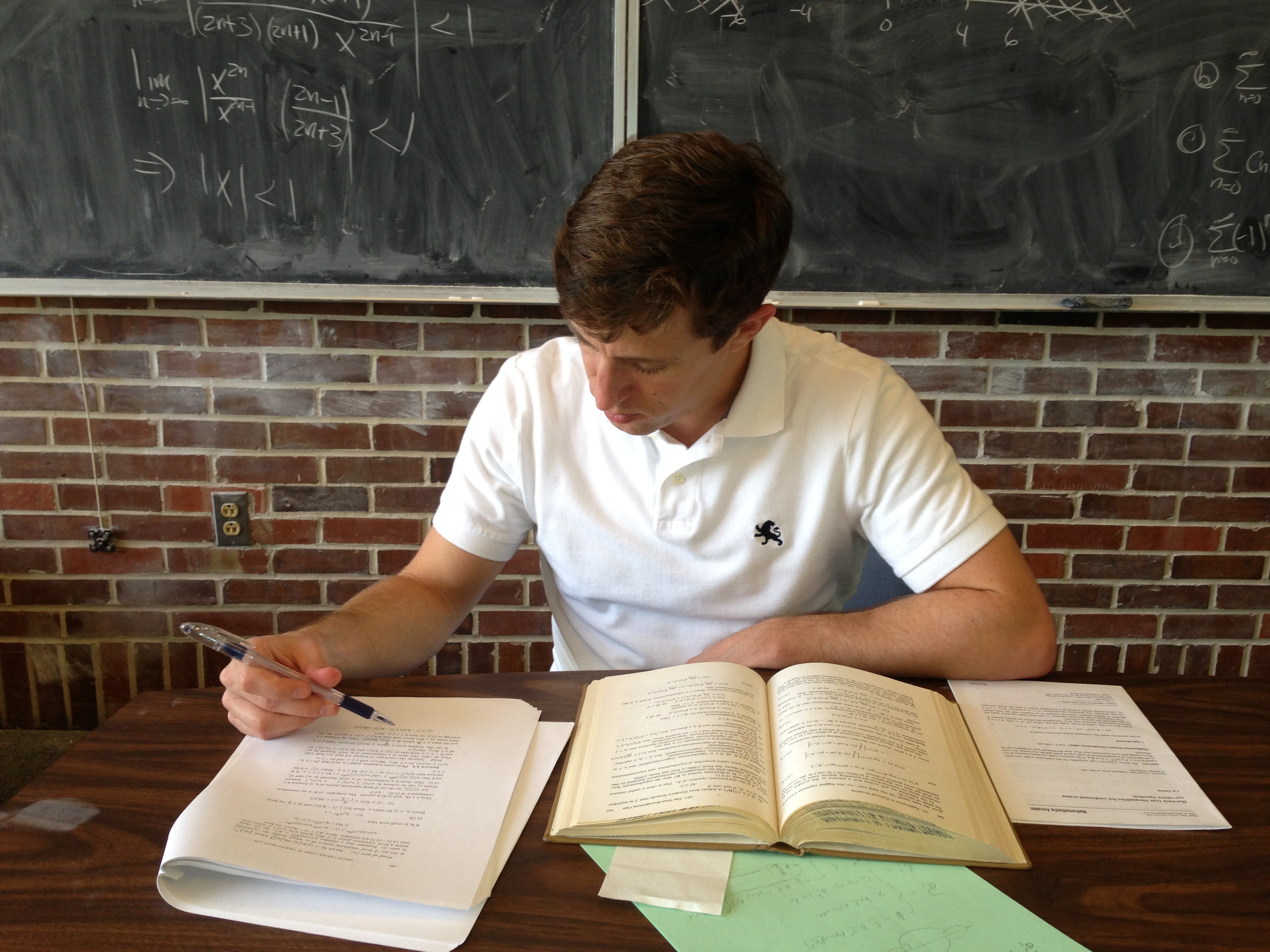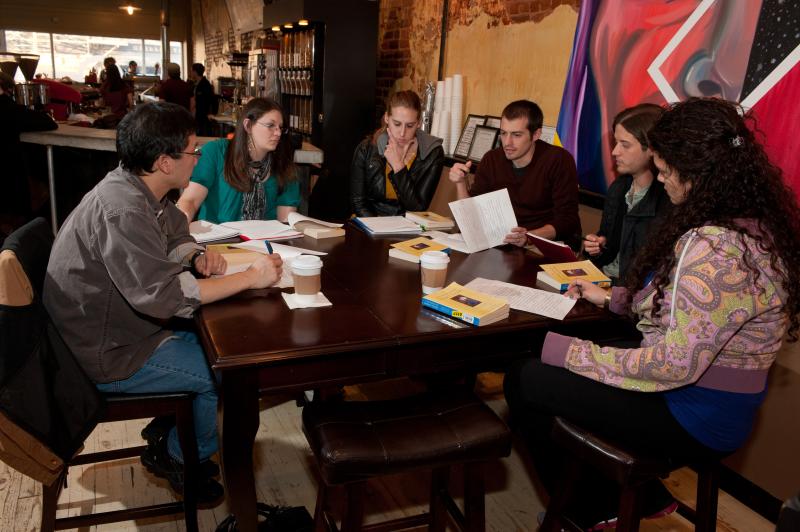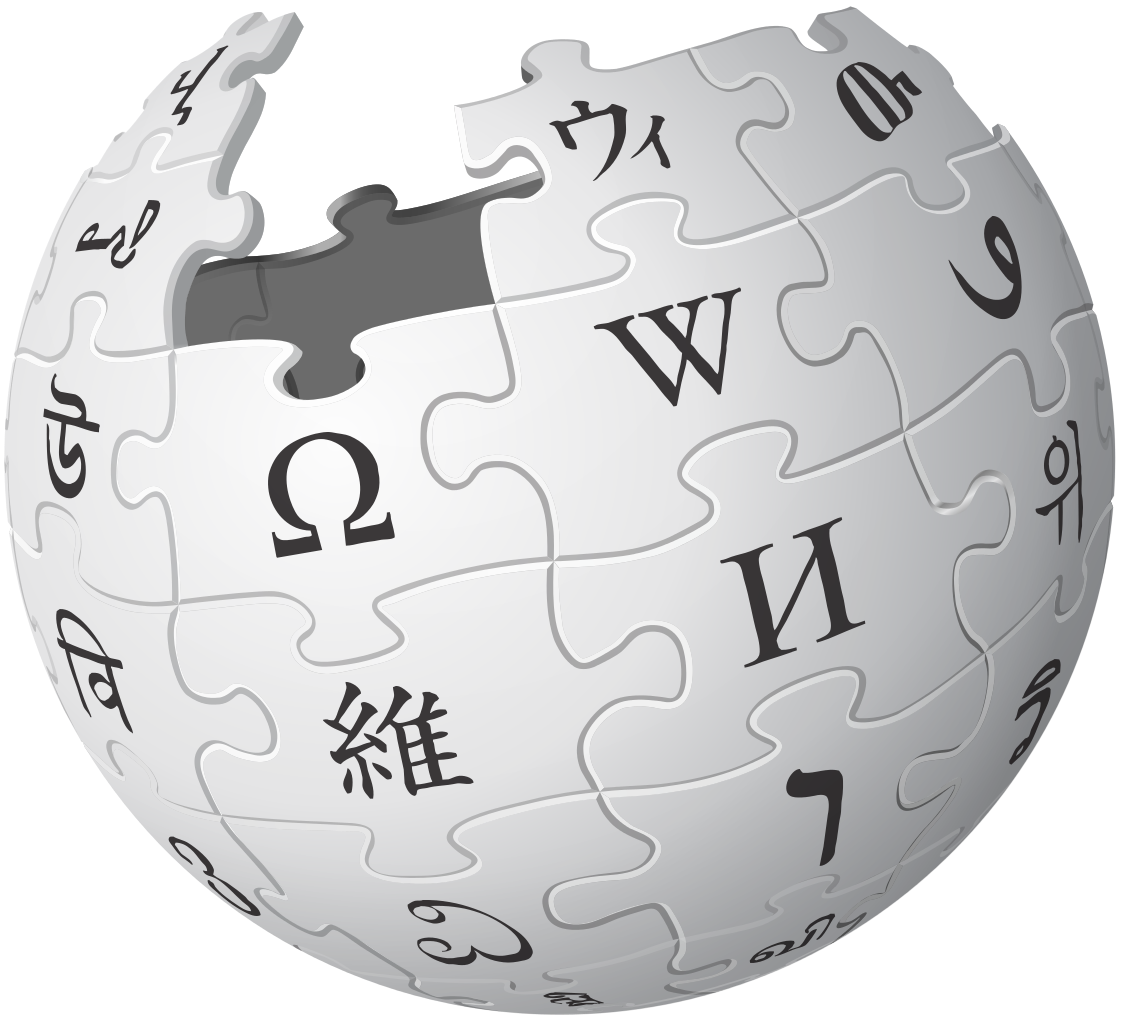Read around groups are a great way to support peer review in your classroom in an non-traditional way. This activity helps students develop their vocabulary for discussing and critiquing writing, and solidifies ideas about what good writing looks like. Consider using this method in your classroom to engage your students in more dynamic peer review!
Tag: Higher Ed
Interested in utilizing Dr. Thomas Sura’s One Minute Paper in your classroom? Here is a brief instructional video detailing how to implement it. This is a great way to foster reflective thinking in your students concerning their own writing practice, and has the added benefit of allowing you instant feedback on your own teaching practices!
by Jenae Cohn
Jenae Cohn is a PhD candidate pursuing a Designated Emphasis in Writing, Rhetoric, and Composition in the English department at the University of California, Davis. She is a graduate writing fellow through the University Writing Program’s Writing Across the Curriculum program and her research interests include digital rhetoric, materiality, and the history of the book. She can be contacted via e-mail, Twitter, and her personal website.
Never before had I seen an article filled with more numbers than words on one page. I was in the second-year of my PhD program in English and was working as a graduate writing consultant (“tutor”) through my university’s Writing Across the Curriculum program.
As someone who had trained as a tutor in an undergraduate writing center in college, I knew the techniques for skimming a long paper, seeking out the main points, and identifying the areas of higher-order concerns. In college, I had dealt with a variety of papers from disciplines across the curriculum, operating under the assumption that, as Pemberton (1995) puts it, “many aspects of text production… are ‘generic’ in nature and, for the most part, extend across disciplinary boundaries” (p. 367). Yet for the first time, I was confronted with the fact that there were disciplinary differences – and big ones – that I had never encountered before. I didn’t know what to do. After all, I was new to WAC as a pedagogy to use in tutoring and I didn’t thinking that my writing center knowledge alone was enough to equip me for the new challenges of reading and commenting upon the conventions of academic disciplinary prose at the graduate level.
by Erica Jacobs
Erica Jacobs teaches writing at George Mason University. She has a B.A., M.A., and Ph.D. from Columbia University and has published numerous articles in local newspapers, newsletters, and magazines.
When I received an invitation to apply to the Faculty Writing Retreat to take place during the 2014-2015 winter break, I recognized I couldn’t let the opportunity pass. It was a similar retreat sponsored by the English Department in 1978 that permanently changed my writing and teaching. That was near the beginning of my career, and 37 years later—near the end—it was time to take the body of work I’d written over the years for local newspapers and see if it would be publishable as a collection.
by: Mikal Cardine
Mikal is a senior studying English at George Mason. She previously worked with WAC to create disciplinary writing guides for student use. To reach her, please contact [email protected].
The average undergraduate will hear a variety of conflicting viewpoints from their university professors on the topic of Wikipedia. While some professors will openly express distrust of Wikipedia as a source for research, others are more open to the use of Wikipedia as a learning tool. While Middlebury College outright banned undergraduates from citing Wikipedia in any academic essay—stating that “students need to be taught to go for quality information, not just convenience” (Jaschik, 2)—professors such as Mark Kissling argue that faculty do a disservice to their students if they don’t help them to understand why instructors are concerned about the source. As Kissling writes, professors have a duty to teach “their students to learn to critically read Wikipedia…helping them understand how it is created, how it defines and positions knowledge, and what it makes possible and fails to do” (Kissling, 1).
As an undergraduate, I have to admit that Wikipedia is in. Originally branded as untrustworthy, the site is now our go-to research tool – but why? Has student scholarship fallen so far? Or has Wikipedia possibly become a useful research tool? Prompted to learn more, I decided to do a little research and created a simple survey to determine Wikipedia’s current value to both professors and students.



